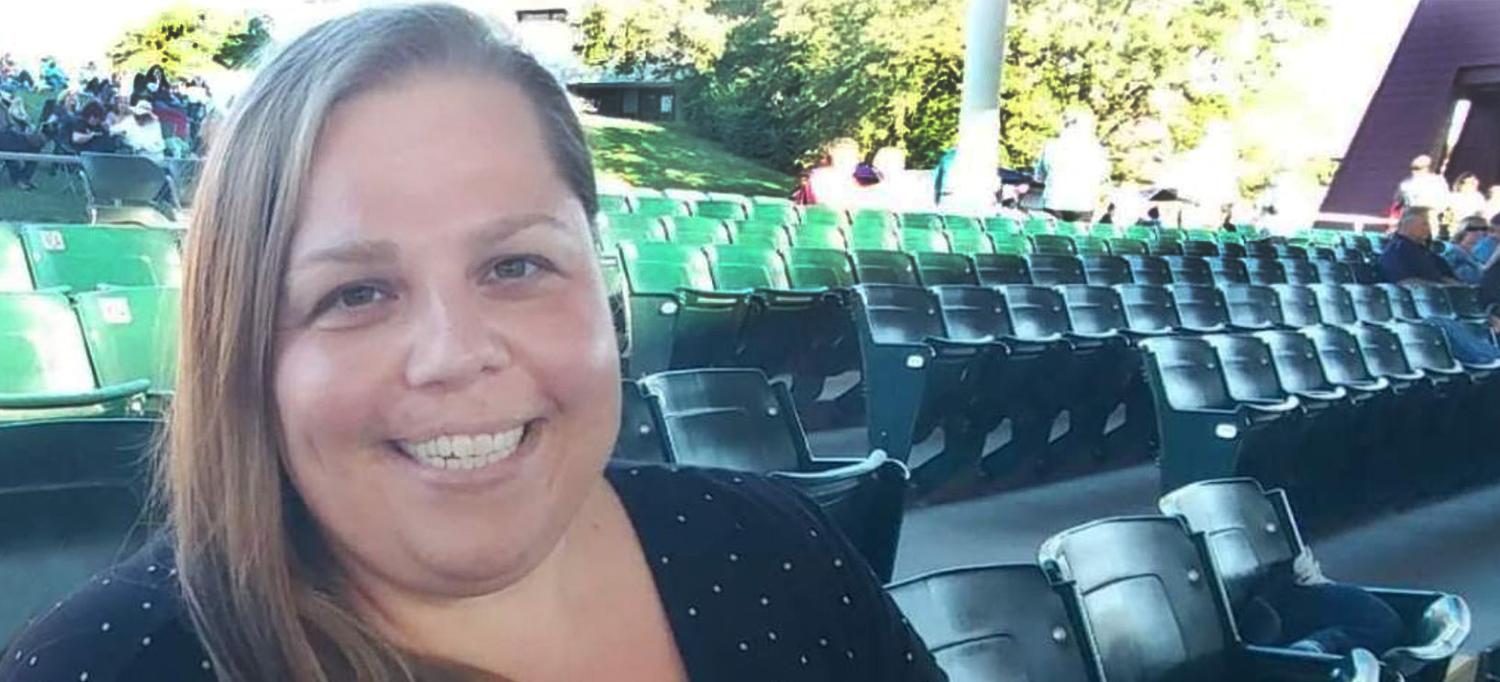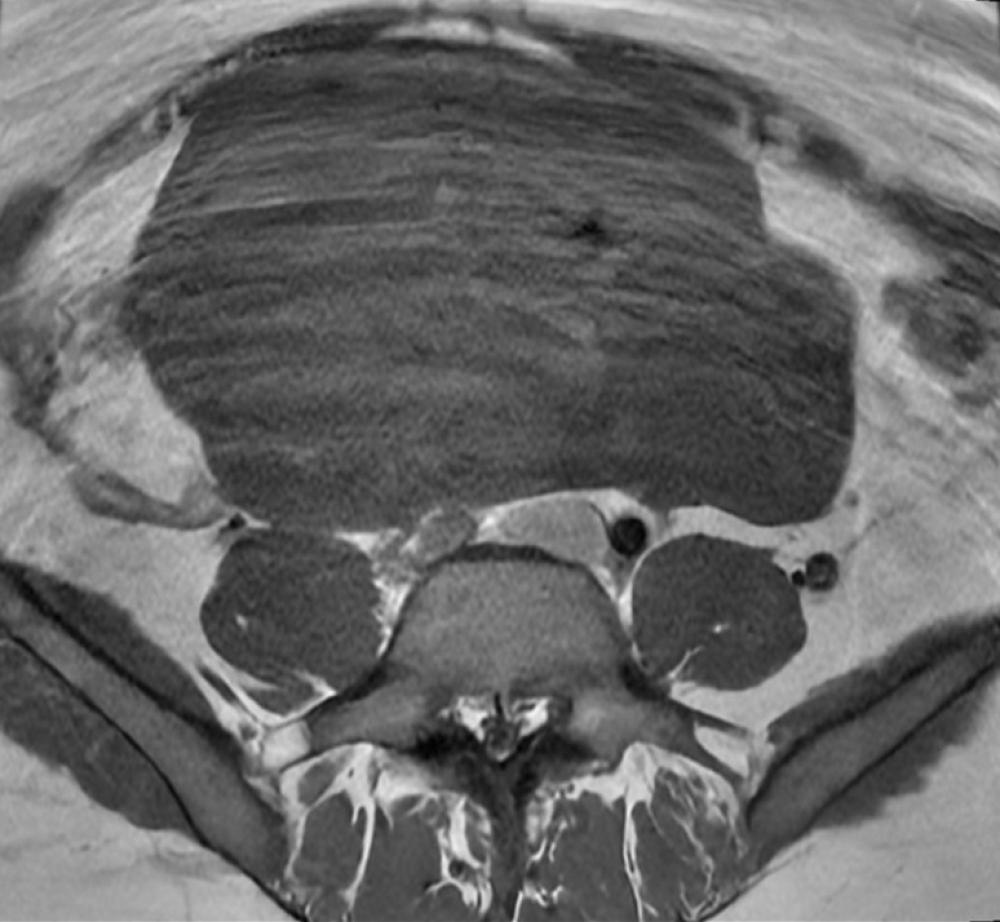
Natalie Suflita was able to get the care she needed from the team at NYU Langone’s Center for Fibroid Care.
Photo courtesy of Natalie Suflita
Natalie Suflita, a 35-year-old from Rochester, New York, noticed lower back pressure and numbness in her legs when she drove for long distances. After several doctor’s appointments, she learned she had a mass about the size of a watermelon in her pelvis. Several doctors believed it was cancer and recommended a hysterectomy, a removal of the uterus.
After meeting with two oncologists, Natalie sought one last opinion from Taraneh Shirazian, MD, founder and director of NYU Langone’s Center for Fibroid Care and associate professor in the Department of Obstetrics and Gynecology at NYU Grossman School of Medicine, and learned that she could have the mass removed without a hysterectomy. Immediately she felt relief.
“I was not OK with if I woke up after surgery and I didn’t have a uterus, of course thankfully, I wouldn’t have the fibroids but also not having ovaries, and then it wasn’t cancerous,” says Natalie. “I would be so regretful.”
Every year, millions of people experience the debilitating symptoms of fibroids in silence. Uterine fibroids are noncancerous tumors that grow in and around the uterus, feeding off hormones. They are very common, appearing in up to 80 percent of people with uteruses by age 50.
“While about a quarter of fibroids are asymptomatic, others cause symptoms that interfere with people’s lives,” says Dr. Shirazian. “Women that have these big fibroids or masses, they go to their doctors across the country, and they tell them the same horrible things like it’s cancer.”
Dr. Shirazian adds that treating fibroids often doesn’t involve a hysterectomy. “Patients shouldn’t feel afraid of coming to see their doctor. There’s so many options and good care.”
After meeting with Natalie, Dr. Shirazian knew she could help her.
“The mass took up basically her entire abdomen. But I could tell that it had a lot of the key characteristics of a fibroid on her imaging,” says Dr. Shirazian. “It was attached to the uterus, but could be separated while still maintaining her fertility.”
Natalie had a laparoscopic myomectomy and enrolled in Dr. Shirazian’s LIFE study, which aims to reduce fibroids from returning.
“The study focuses on diet, lifestyle, and supplements after surgery or procedures to see if we can minimize these fibroids coming back,” explains Dr. Shirazian.
Read more from TODAY.


